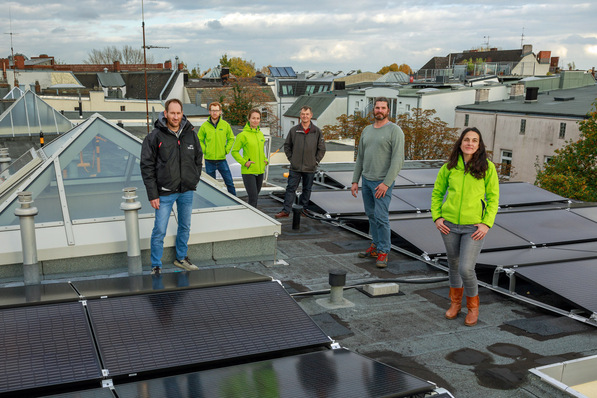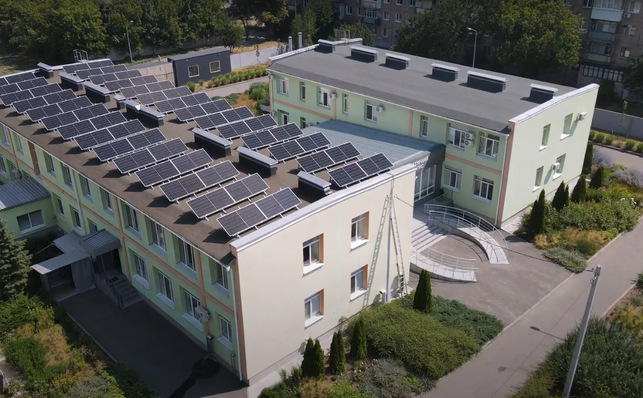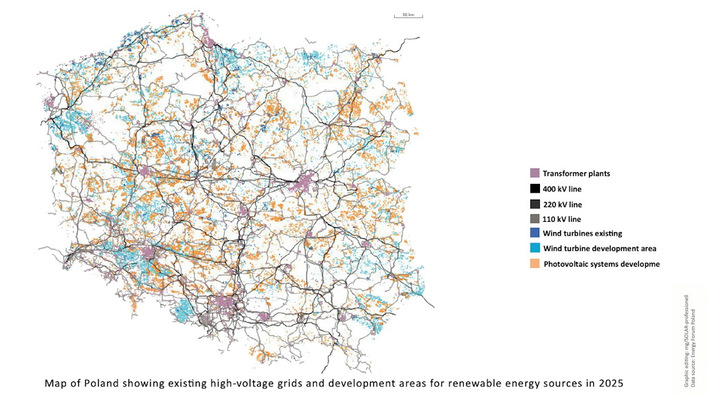Where does the Greek market for PV and energy storage stand today?
PV has led Greece's energy sector for the last few years, with installed capacity double that of wind. Last year, PV made up 93 percent of new renewable energy sources (RES) installations. Cumulative installed capacity now exceeds 11 GW. This year, we expect more than 2 GW of PV to be connected to the grid.
Significant changes have occurred this year, including frequent curtailments and negative pricing, which have reduced investor revenue. The market is shifting from small and medium systems to utility-scale projects. The switch from net-metering to net-billing and unclear regulations have stalled the self-consumption sector, pending government action.
Greece: PPA between EDF Renewables and Axpo
Recently, the government introduced initiatives for energy storage, such as granting grid access to 4.8 GW of stand-alone batteries and launching programs for behind-the-meter batteries, although these were rather poorly designed. The total announced BESS capacity is about 6.4 GW over the next three years.
How do you assess the growth opportunities and the value added behind them for the coming years?
With grid access secured for many utility-scale projects, we anticipate these will soon dominate the market. Currently, our focus is on boosting the self-consumption sector. We project the market will reach 20 GW by 2030, with self-consumption growing from 1 GW to over 4 GW.
EU solar stalls as residential rooftop and PPAs segments falter
Battery storage is now essential for PV systems. We support storage across all sectors—residential, commercial and industrial, and existing power stations. By 2030, battery storage should reach at least 8 GW to minimise curtailments and maintain grid stability.
Where are the remaining major hurdles?
Bureaucracy and limited grid space continue to impede projects, though legislation now reserves grid space for self-consumption. The main need is a clear regulatory framework for self-consumption, which has been pending for over a year. We need competent authorities to respect deadlines, and we want more transparency regarding how projects are handled.
What should the government do to remove them?
The growth of photovoltaic energy in Greece was driven by bold legislative actions. At this juncture, new decisive measures are required. Developments in the coming months will have a lasting influence on the market, and further delays should be avoided.
How important is the European cooperation?
Greece operates within the EU and aligns its legislation with European directives and regulations. Many European companies are active in Greece. Membership in SolarPower Europe enables us to engage with developments at the European level.
Interview by Hans-Christoph Neidlein









